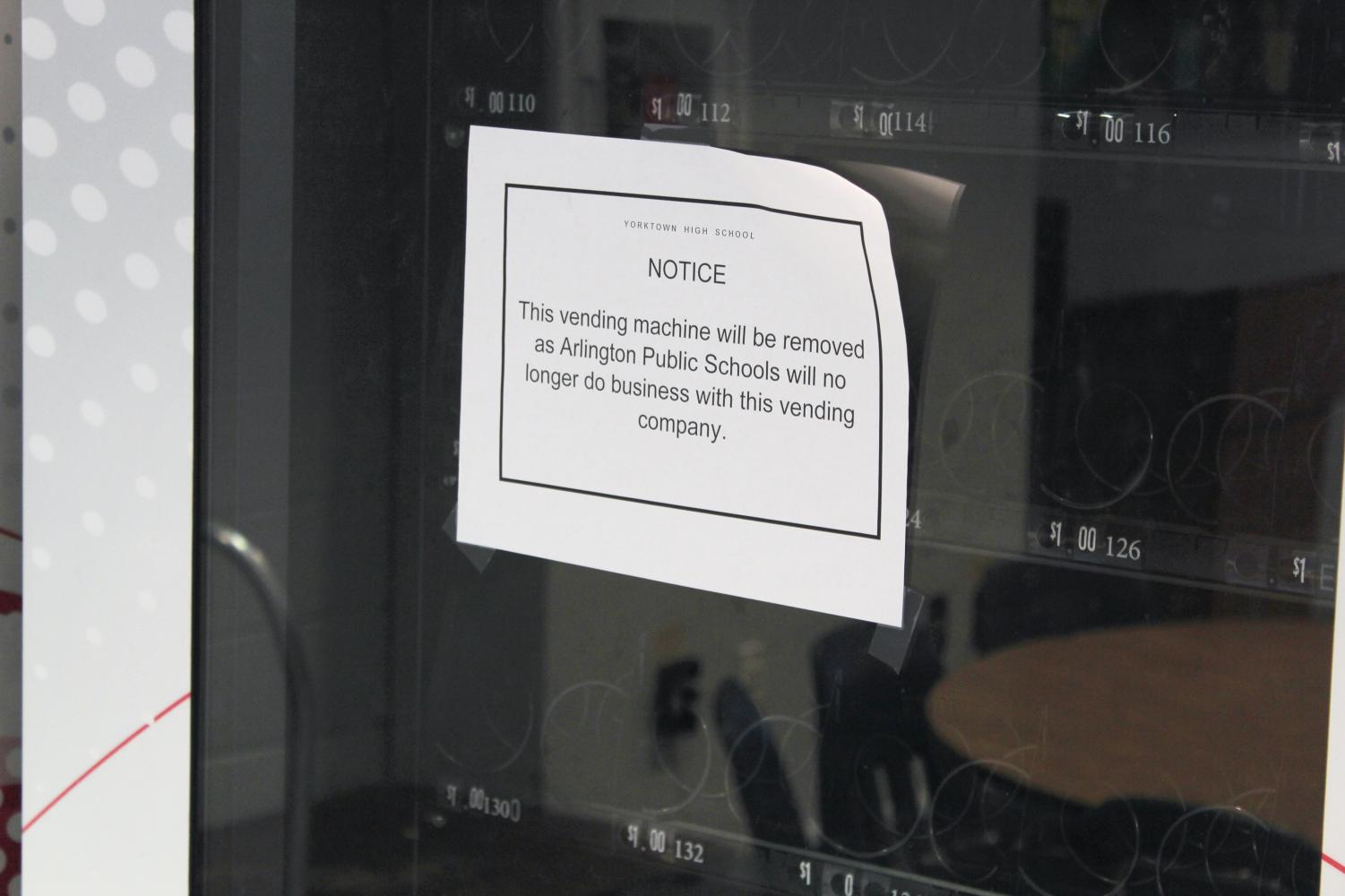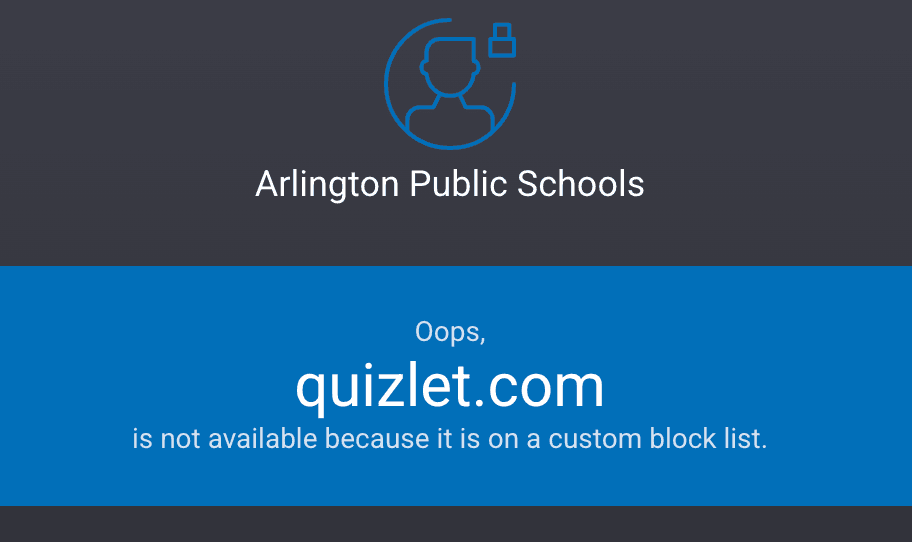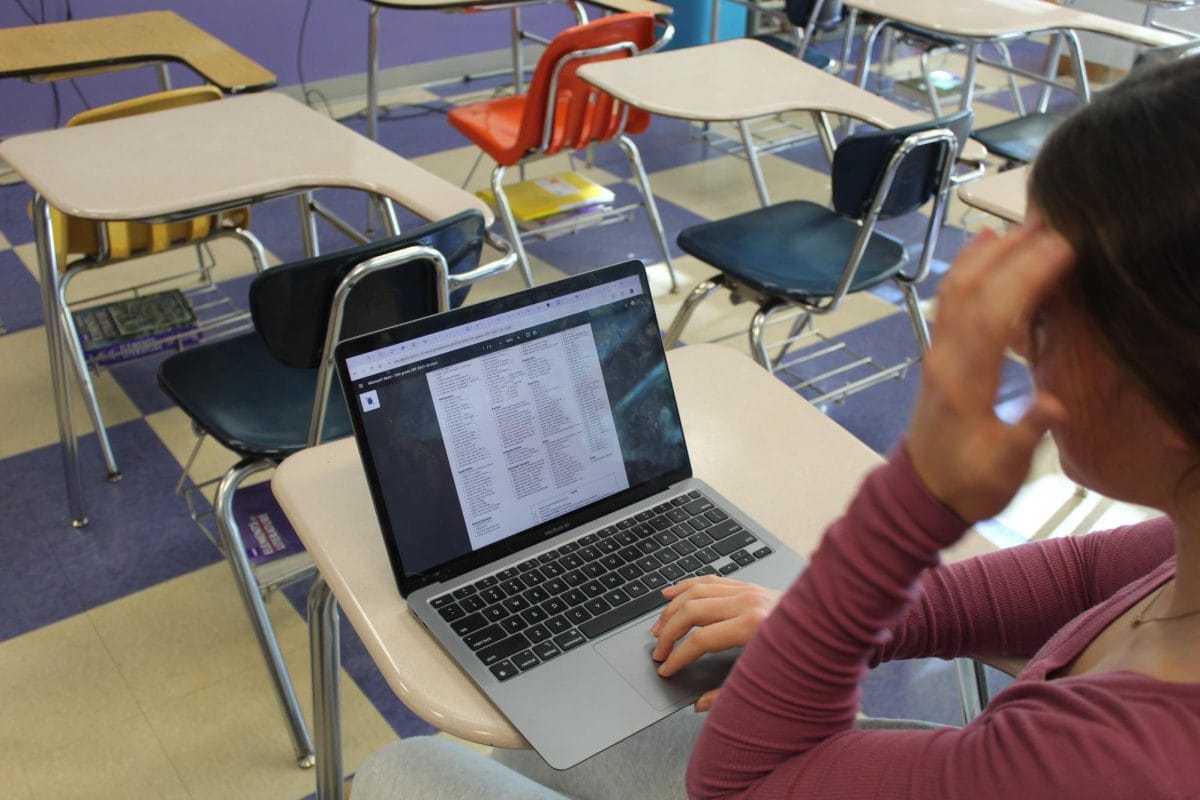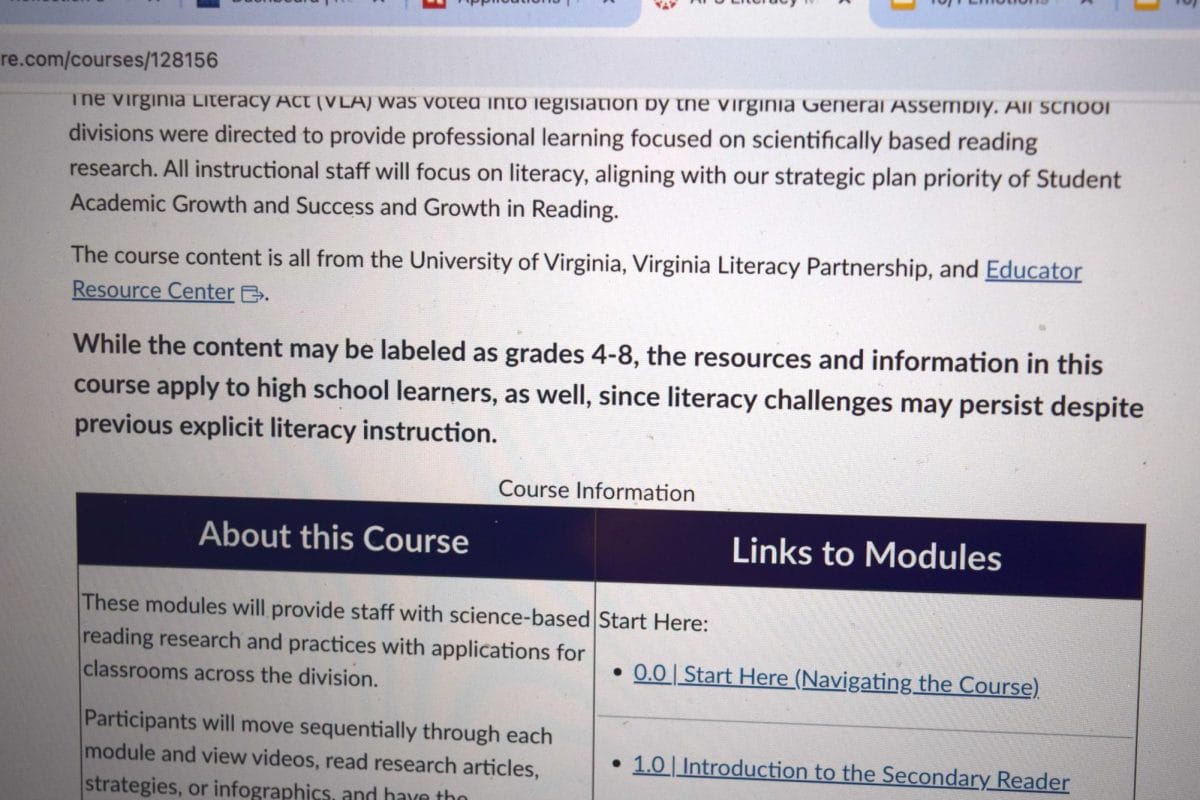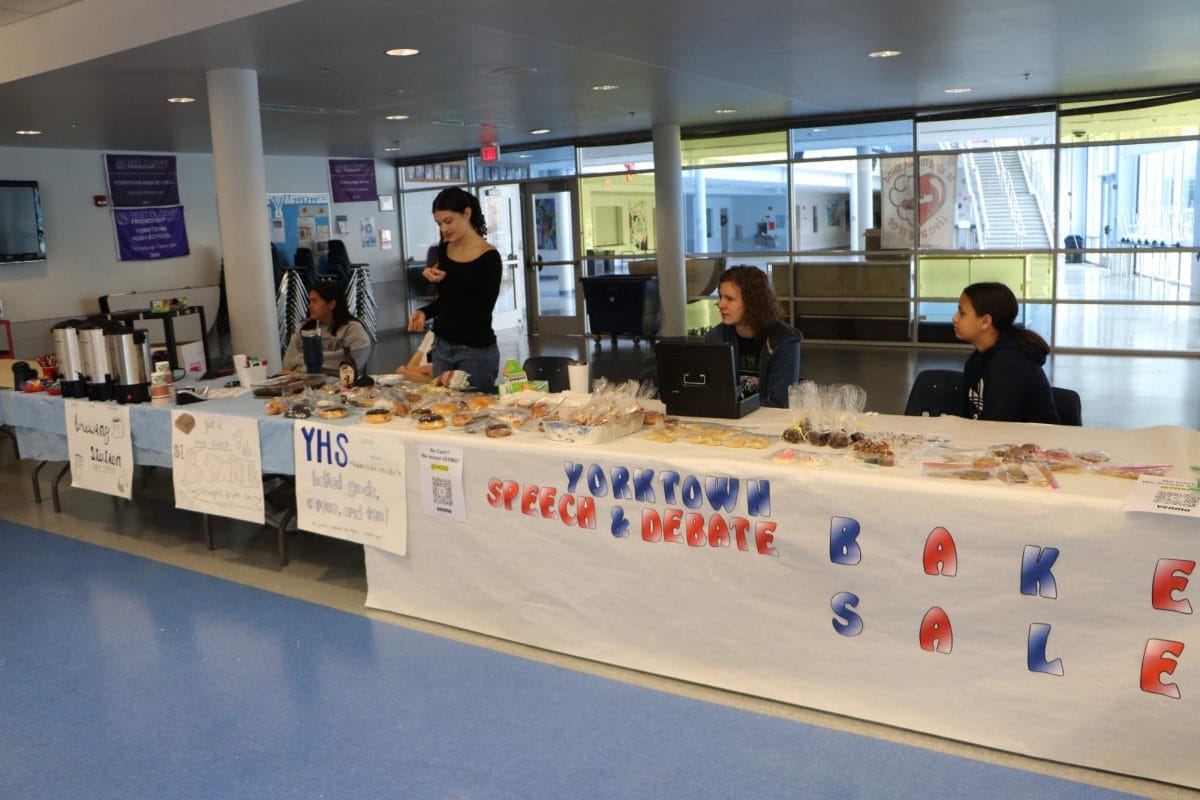Since 2014, FitArlington vending machines have been stationed in more than 60 locations around Arlington, including all of the public high schools. Hungry students have been just a couple of dollars and the push of a button away from snacks and beverages galore. Now, however, these convenient and reasonably-priced machines are being shut down and removed from high school cafeterias and foyers around the county.
On June 13, 2014, Arlington Public Schools (APS) released a statement on their website announcing a partnership with FitArlington, a community health and wellness initiative led by former County Board Chair Walter Tejada.
Working alongside the county and APS, one of FitArlington’s goals was to replace unhealthy snacks with more nutritious options in the vending machines. FitArlington machines were installed around the county with the hopes of maintaining the Smart Snack standards set by the federal government prior to the 2014-15 school year, which are the minimum nutrition requirements for public schools around the country. They include limits on fat, sodium, sugar and calorie content.
In order to stock the machines and satisfy this nutrition criterion, APS and Arlington signed a joint contract with a vending company called Vend Natural. The company, headquartered in Annapolis, Maryland, was tasked with restocking the machines and making sure that the snacks and beverages placed in the machines were Smart Snack compliant.
The joint contract expired on August 31 of this year and Arlington County and APS, collectively, decided against renewal. The school system’s Department of Finance and Management Services made the final decision, citing a lack of healthy options and poor customer service as the primary contributors to their separation from Vend Natural.
Leslie Peterson, the Assistant Superintendent for Finance and Management Services, was clear that their dissatisfaction with the company arose when they became unsure of what was being put in the machines and lacked the manpower to check up on their contents regularly.
“We had a contract with them to provide healthy, compliant snacks, and we had to monitor that because that wasn’t always what was getting put into the vending machines … [monitoring that] requires someone to go to the schools, and look in all the machines, and check that all of the snacks that are in the machines are compliant, and we don’t have people to do that,” Peterson said.
APS also had issues with the way Vend Natural handled refunds. It was a common and frustrating occurrence for students to lose money when the vending machines did not hold up their end of the bargain, refusing to surrender the bag of chips or the bottle of water that had just been paid for.
In this situation, when banging on the machine proved futile, the protocol for students was to get a refund at the cafeteria. The cafeteria was then responsible for completing paperwork, which would alert the vending company to reimburse APS for the machine’s error.
This reimbursement, however, was not happening as often as it should have, meaning that the school system was losing money for issues in which Vend Natural was at fault.
Moving forward, Peterson says that the school system is not currently seeking a new vending contract with a new company, but they will be exploring different avenues for supplying students with healthy snacks.
“The contract is gone, and right now we are in more of a study phase …. We are taking this time to figure out how to best move forward,” Peterson said.
One thing they will be experimenting with in the future is stocking the cafeterias with a wider variety of snacks, a project that the school system’s Director of Food and Services Amy Maclosky is currently working on.
“All of our snacks in our high school cafeterias are Smart Snack compliant, which is what they are required to be for the national school lunch program, and we are going to be adding more snacks that are compliant, some that were in the vending machines [before], so that students still have access [to those snacks],” Maclosky said.
It is unclear if this will remedy the hole the vending machines will leave, however, since the machines were often utilized by students after school, when the cafeteria is closed.
“I used the machines after school, primarily to buy drinks for practices and games and to have a snack before ultimate [frisbee] practice,” sophomore Alex Pang said.
A high school is a perfect location for vending machines: a building where hundreds of hungry, growing teenagers, possessing an abundance of small bills gather every day. It is a win-win situation for both the students who enjoy the snacks, and for those profiting off the student’s purchases.
This idea sounds great on the surface, but if the provided food in the machines is not promoting healthy habits among the student body, and if the vending company is repeatedly offering poor customer service, then the question becomes: are the benefits really worth the costs?
APS has decided they are not, and therefore the machines are slowly being unplugged and rolled out of all high schools.





































